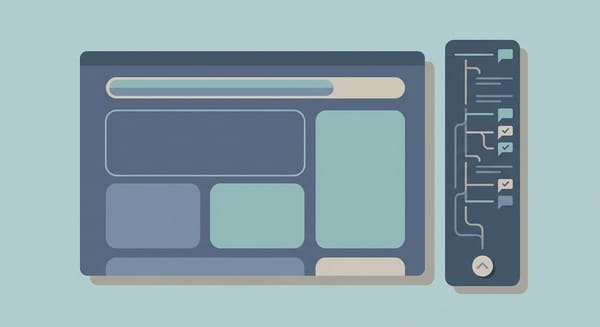Advanced Instructional Design
Explore the cutting-edge techniques that are shaping the future of learning with our deep dive into Advanced Instructional Design.
The Evolution of Instructional Design
The journey of instructional design has been one of constant evolution and growth. From early roots in cognitive psychology and educational theory, the field has expanded to incorporate a rich tapestry of methodologies, each tailored to enhance learning experiences. This transformative path reflects our unwavering commitment to refining the ways in which we impart knowledge and skills.
Driven by innovation, instructional design has progressed from traditional, one-size-fits-all teaching to dynamic, learner-centered approaches. Embracing the diversity of learners' needs, backgrounds, and learning styles, today's instructional design is a testament to our ability to adapt and thrive in an ever-changing educational landscape.
Key Principles of Modern Instructional Design
Modern instructional design is anchored in a set of core principles that prioritize the learner's experience. These include the alignment of objectives, content, and assessment, as well as the integration of engaging and interactive elements to facilitate active learning. Our focus on inclusivity and accessibility ensures that every learner finds value and opportunity in the educational materials we create.
We also emphasize the importance of feedback and iterative design, allowing for continuous improvement and adaptation. Through supportive guidance and a helpful stance, modern instructional design serves as a bridge to knowledge, empowering learners to reach their full potential.
Technological Innovations in Instructional Design
The digital revolution has brought forth a wave of technological innovations, profoundly impacting instructional design. We now wield tools like virtual reality, artificial intelligence, and adaptive learning platforms, which offer immersive and personalized learning experiences. These innovations are not just bells and whistles; they represent our commitment to harnessing the power of technology to support and elevate the learning journey.
Embracing these technological advancements, we create instructional materials that are not only effective but also engaging, fostering a learning environment where technology is a helpful companion in the pursuit of knowledge and skills.
Case Studies: Successful Advanced Instructional Design in Action
Let's celebrate the real-world impact of advanced instructional design through a collection of case studies. These narratives showcase the transformative power of well-crafted learning experiences in diverse settings, from corporate training to higher education. Each case study is a testament to the human-centric approach that underlies our work, highlighting the positive outcomes that result from thoughtful and innovative design.
Through empathetic storytelling, we uncover the strategies that have led to meaningful change, inspiring our audience to consider how these lessons can be applied to their own instructional challenges.
Future Trends in Instructional Design
As we look to the horizon, several emerging trends promise to shape the future of instructional design. These include the rise of data analytics for informed decision-making, the growing emphasis on social learning and collaboration, and the exploration of how gamification can enhance motivation and engagement. Our forward-thinking stance ensures that we remain at the forefront of these developments, ready to integrate them into our practice.
Staying positive and open to change, we anticipate a future where instructional design continues to evolve in ways that prioritize human connection and the endless potential for learning. Our dedication to this vision will guide us in creating educational experiences that are not only advanced in their design but also deeply resonant with those we aim to serve.




